
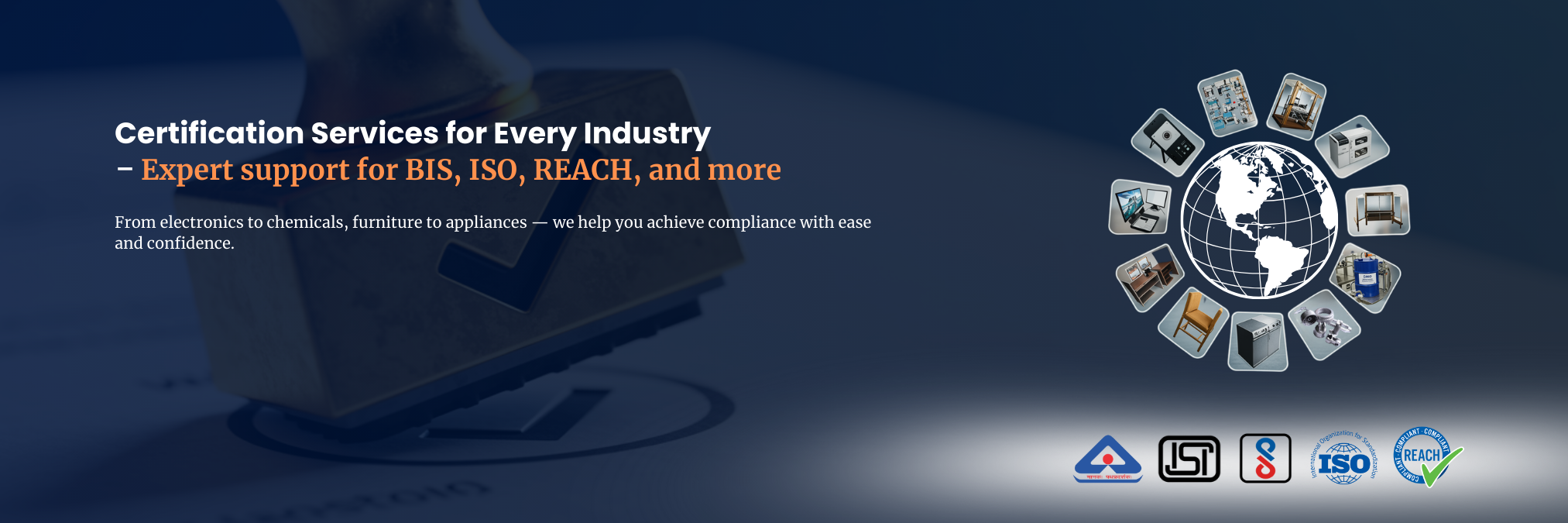
Bureau of Indian Standards (BIS) Certification in India
The Bureau of Indian Standards (BIS) is the national authority responsible for setting and enforcing quality and safety standards across various products and industries in India. BIS certification is mandatory for many products, ensuring compliance with Indian regulations and enhancing product quality, safety, and reliability. For manufacturers, obtaining BIS certification is crucial for gaining consumer trust, strengthening brand reputation, and expanding into both domestic and international markets. In this article, we’ll explore the key benefits of BIS certification, the complete step-by-step process, and how to obtain it efficiently. To simplify the approval journey, many businesses seek support from a BIS certification consultant with global reach, offering end-to-end assistance in documentation, product testing, and certification filing with BIS authorities.
BIS certification : is an official approval issued by the Bureau of Indian Standards, under the Government of India, confirming that a product complies with India’s quality, safety, and performance standards. It ensures the product has undergone thorough testing and inspection, offering assurance of reliability and consumer safety.
Why is BIS Registration Essential?
For Indian manufacturers of electronic items—including automotive accessories, gas cylinders, and products in sectors like fertilizers, chemicals, cement, footwear, and food—BIS registration is mandatory to legally manufacture, sell, or promote their products in the Indian market.
Foreign manufacturers must also obtain BIS certification before launching or distributing their products in India. This includes essential items such as wiring cables, electrical switches, and various industrial goods. All certified products must clearly display the ISI mark along with a unique seven-digit BIS license number, serving as proof of quality, safety, and regulatory compliance.
BIS Certification Program for Products
Under the latest directives from the Ministry, BIS registration is mandatory for over 90 products across various sectors. The BIS certification program is one of India’s most comprehensive compliance systems, requiring manufacturers to obtain licenses to use the ISI mark, a symbol of verified product quality and safety.
For international manufacturers, BIS also enforces a stringent conformity assessment and labeling system to ensure that imported goods meet Indian standards.
The BIS registration process varies based on the manufacturer’s location:
Domestic (Indian) manufacturers follow a different application procedure than
Foreign manufacturers, who must comply with additional labeling and customs requirements.
Explore the Certification Types:
ISI Mark Certification – For products under mandatory certification as per Indian Standards
BIS CRS Certification – For electronics and IT goods under the Compulsory Registration Scheme (CRS)
How Long Does It Take to Get BIS Certification?
The time required to obtain BIS certification depends on the type of product and the location of the manufacturing unit:
Timelines can vary based on product complexity, test results, and the completeness of documentation. Working with an experienced BIS consultant can help speed up the approval process.
Process Of BIS Certification
To obtain BIS certification, your product must comply with applicable Indian standards and successfully pass all required safety and quality tests. Upon satisfactory evaluation, the Bureau of Indian Standards (BIS) issues the certification.
For a hassle-free registration experience, rely on our end-to-end support. We provide expert assistance with documentation, testing coordination, application filing, and all formalities required by BIS. Our team ensures a smooth and timely certification process—from initial assessment to final approval.
KMA Global is driven by unmatched expertise in BIS certification. Our leadership includes:
Mr. Mahim Jain, Former Deputy Director General (Certification) & Head of FMCD, BIS
Mr. Ajay Kumar Bhatnagar, Former Senior Director, BIS
With a combined experience of over 60 years in certification activities, including the Domestic Manufacturer Scheme under BIS (Scheme-I), they provide strategic guidance and technical oversight that sets us apart.
1. End-to-End Support
We provide comprehensive support throughout the BIS certification process for Indian manufacturers—from application to grant of licence. Our team handles:
Documentation preparation & application submission
Coordination with BIS authorities
Query resolution
Pre-inspection guidance
Post-inspection compliance support
As your trusted consultant, we ensure a smooth and structured journey for domestic manufacturers complying with Indian Standards.
2. Proven Track Record
KMA Global has successfully facilitated BIS licences for numerous Indian manufacturers, across sectors such as electrical appliances, steel, cement, automotive components, and packaging.
Both our leaders, during their tenure in BIS, supervised certification schemes and conducted inspections at manufacturing premises across India.
3. Quick Turnaround & BIS Query Resolution
Our in-depth understanding of the BIS Act, Rules, Regulations, and working methodology enables us to:
Anticipate and address BIS queries effectively & timely
Avoid delays and rejections
Ensure seamless communication with BIS officials
Achieve faster grant of licences
Domestic manufacturers benefit from our ability to simplify procedural requirements and expedite approval timelines.
4. Updated Knowledge of Bureau of Indian Standards Act, Rules & Regulations
Our leadership’s involvement in BIS policy, implementation, and certification activities ensures real-time awareness of evolving Indian Standards, amendments, and procedural updates.
We ensure that your documentation, systems, and factory processes align with the latest BIS requirements.
5. Personalized Service for Every Client
We treat each client as a strategic partner, offering:
Customized certification roadmaps
Dedicated point-of-contact
Tailored timelines and technical solutions
Transparent communication throughout
Whether you’re applying for your first BIS licence or extending your certification to additional product standards, we adapt to your specific manufacturing needs with precision.
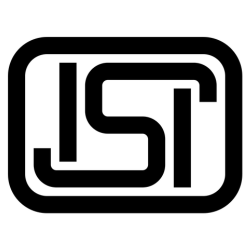
FMCS stands for Foreign Manufacturers Certification Scheme, is a Scheme regulated by the BIS (Bureau of Indian Standards) under Scheme-I of Schedule-II, Conformity (Assessment) Regulations, 2018, and BIS Act, 2016 for Foreign Manufacturers. Under Foreign Manufacturers Certification Scheme, License is granted to a Foreign Manufacturer for the use of a Standard Mark (ISI Mark) on a product that conforms to an Indian Standard. The Sc
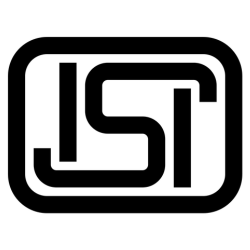
The Bureau of Indian Standards (BIS) is India’s National Certification body that issues licenses to manufacturers and importers for various products under its voluntary or mandatory certification schemes.
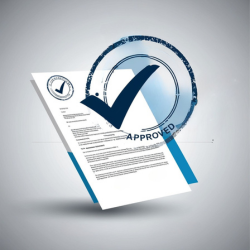
BIS Certificate of Conformity
To establish a robust quality ecosystem in India that benefits both industry and consumers, the development of standards is crucial.
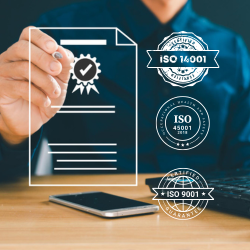
While play is an essential part of a child's development, it's important to minimize risks from external factors like toys, ensuring that children are safe while playing.

REACH Certification: Ensuring Compliance with European Regulations for Chemicals
Overview
REACH (Registration, Evaluation, Authorization, and Restriction of Chemicals) is a European Union regulation that governs the production and use of chemical substances. Its primary objective is to protect human health and the environment from the risks posed by chemicals, while also promoting the free movement of these substances within the EU market.
BIS (Bureau of Indian Standards) certification ensures that a product meets the relevant Indian Standards for quality, safety, and performance. It allows manufacturers to use the Standard Mark (ISI mark) on their products, signifying compliance.
BIS certification is crucial for:
Ensuring product safety and quality,
Gaining consumer trust,
Complying with mandatory regulations for certain products,
Facilitating market access in India.
Several products require mandatory BIS certification under various quality control orders (QCOs), including:
Electrical appliances (e.g., cables, switches, refrigerators),
Electronic items (e.g., smartwatches, laptops),
Steel products,
Cement,
Toys, and
Packaged water.
The complete list can be accessed on the official BIS website.
Manufacturers, importers, and distributors of products requiring mandatory certification must obtain BIS certification to sell, store, or distribute their products in India.
ISI Mark Certification: For domestic manufacturers to ensure product quality.
Compulsory Registration Scheme (CRS): For electronics and IT products.
Foreign Manufacturers Certification Scheme (FMCS): For overseas manufacturers.
The BIS certification process involves:
Identifying the applicable standard for your product.
Testing the product in a BIS-recognized laboratory.
Submitting the application along with required documents through the BIS portal.
Undergoing factory inspections (if applicable).
Receiving the certification upon approval.
The cost of BIS certification depends on factors such as:
Product type and model,
Testing fees in BIS-approved laboratories,
Government fees for registration,
Consultancy fees (if applicable).
The timeline varies based on the type of certification and product category. Generally, it can take 30–90 days from application submission to certification issuance.
Yes, foreign manufacturers can apply under the Foreign Manufacturers Certification Scheme (FMCS) to market their products in India. They must appoint an Authorized Indian Representative (AIR) to handle the application.
Products failing to meet BIS standards cannot be sold, imported, or distributed in India. The manufacturer must take corrective actions to meet compliance requirements.
Two years initially for most products, and
Renewable thereafter, depending on continued compliance with standards.
No, BIS certification is mandatory for specific product categories as defined by the government. For other products, it is voluntary but beneficial for market credibility.
You can contact professional consultants like KMA Global for guidance and support in obtaining BIS certification, ensuring compliance with all requirements.